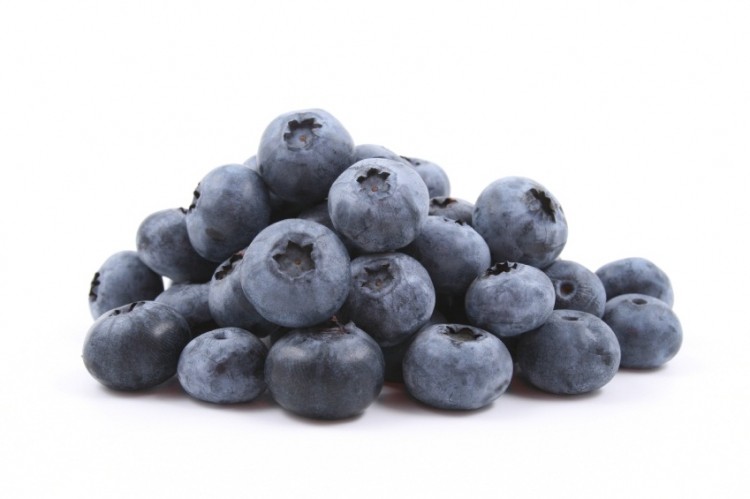Special edition: Cognitive health
Blueberry anthocyanins
Media coverage of the potential brain benefits of blueberries have been cited by some as leading a boom in blueberry sales in various markets. The beneficial effects of the blueberries are thought to be linked to their flavonoid content - in particular anthocyanins and flavanols. The exact way in which flavonoids affect the brain are unknown, but they have previously been shown to cross the blood brain barrier after dietary intake.
It is believed that they may exert their effects on learning and memory by enhancing existing neuronal connections, improving cellular communications and stimulating neuronal regeneration.
A 2010 study led by Robert Krikorian from the University of Cincinnati Academic Health Center found that a daily drink of about 500 mL of blueberry juice was associated with improved learning and word list recall, as well as a suggestion of reduced depressive symptoms in older people with early memory problems (Journal of Agricultural and Food Chemistry, doi: 10.1021/jf9029332).
“These preliminary memory findings are encouraging and suggest that consistent supplementation with blueberries may offer an approach to forestall or mitigate neurodegeneration,” they wrote.
“Interpretation of our findings should be tempered because of the relatively small sample size and the absence of a blueberry-specific control, although comparison with the analogous placebo beverage data provides some assurance that the observed changes in memory performance were not attributable to practice effects,” they added.


























